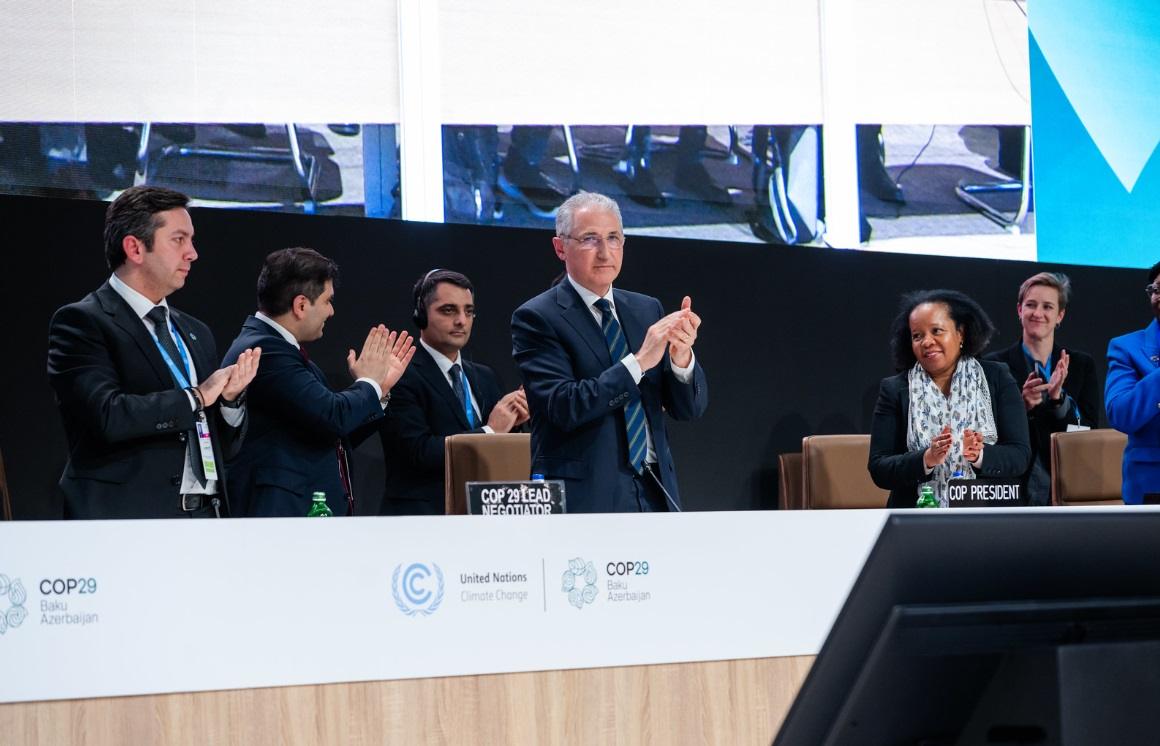Investors, Sustainability Orgs, Companies (Mostly) Welcome UK’s Green Industrial Revolution Plan
Several prominent investors, sustainable-investing organizations and companies have issued statements supporting the UK’s new Green Industrial Revolution plan. The plan, unveiled by Prime Minister Boris Johnson this morning, will involve tens of billions of pounds of investments in areas including renewable energy, clean mobility and green building initiatives. Additionally, the UK announced plans to end the sale of new petrol and diesel cars and vans by 2030, ten years earlier than previously planned.
ESG Today has collected a sample of reactions from these organizations:
Fiona Reynolds, CEO, Principles for Responsible Investment, said:
“PRI anticipated governments would need to act more decisively and now we are seeing this play out in the UK. In today’s announcement, investors have the clear direction they want and need from the UK government and we encourage them to act now to avert the climate crisis and negative impact to their portfolios.”
In a tweet following the announcement, The Institutional Investors Group on Climate Change (IIGCC) hailed the plan as “a welcome signal of intent as the UK prepares to host #COP26. Building greater ambition and unlocking investment is essential to ensure a sustainable recovery from Covid-19.”
Some sustainability focused organizations welcomed the announcements, but criticized the plan as being overly vague, underfunded, or improperly focused.
Greenpeace UK stated:
“As part of Boris Johnson’s green #TenPointPlan, the government announced it will bring forward the ban on petrol and diesel cars from 2040 to 2030. Although there are some significant question marks and gaps, overall this is a big step forward for tackling the #ClimateEmergency”
The Centre for Research into Energy Demand Solutions (CREDS) stated that “there remains too little to convince us that the government has yet understood the need to prioritise reducing energy demand.” CREDS added:
“The commitment to supporting cycling, walking and public transport is welcome, but is too vague to assess whether it promises significant new resources to hard-pressed local Councils. The promise of £1 billion over one year for building energy efficiency is inadequate and fails to recognise the need for long-term investment. It remains less than the support that existed in the period before the failed Green Deal policy, and is insufficient to deliver the goals for low carbon heat.
“Investment in sustainable buildings and mobility needs to be at the centre of zero carbon policy. These are the measures we know will work and will create jobs. The proposed scattergun approach that prioritises funding for uncompetitive big technology, like nuclear and CCS, is wasteful and likely to be ineffective.”
Investment Manager M&G Investments’ Randeep Somel, manager of the M&G Climate Solutions Fund, said:
“In today’s announcement, the UK government is seeking to stimulate the economy, go green and address regional inequality all in one plan. Governments globally have many challenges both pre and post the Covid-19 pandemic; regional inequality specifically in areas that were previous manufacturing hubs, economies in need of stimulus due to the pandemic slowdown, and also the obligation to meet internationally agreed climate goals.
“The UK government is striking at the main sources of CO2 in our economies; power generation, transportation, and building efficiency. Not only will these investments help the UK in reaching its Paris Climate Deal commitments, they will provide stimulus to an economy that is still reeling from the Covid-19 pandemic. The government has specified areas of the UK for this investment that have been hit hard over the previous decades due to the dwindling manufacturing base. They have specifically targeting Wales, the Midlands, the North East and parts of Scotland – all areas that have unemployment rates higher than the national average.”
Martin Todd, Impact Opportunities Co-Portfolio Manager, at the international business of Federated Hermes commented on the 2030 petrol and diesel car ban:
“Norway will be the first country to ban the sale of new internal combustion engine (ICE) cars from 2025 but the UK now joins several other countries that will do so from 2030. Charging infrastructure is a big challenge, but assuming that is built out, we expect the increasing regulatory push, combined with consumer demand pull, (as EV pricing becomes cost-comparable to ICE cars over the coming years) to significantly accelerate EV adoption, creating opportunities along the value chain. As with the gold rush, it may be better to invest in the shovel makers rather than the miners themselves.”
Multinational telecommunications company BT Group tweeted:
“We welcome commitment from government to phase out the sale of petrol and diesel cars by 2030. Switching to #zeroemission vehicles is a key part of our decarbonisation strategy and an important step toward supporting bold climate action in the UK.”
John Pettigrew, CEO at National Grid said:
“We welcome the ambition and commitment of the Prime Minister’s 10-point plan which will create significant new jobs across the country and help the UK reach net zero by 2050. We are ready to work with government and wider industry to implement the changes needed to decarbonise our economy and play our part in a clean and affordable energy future.





